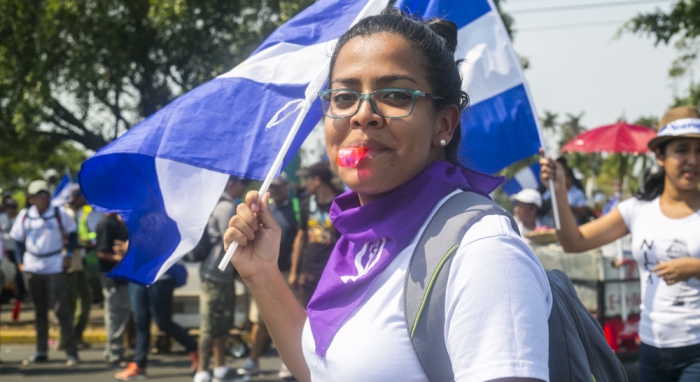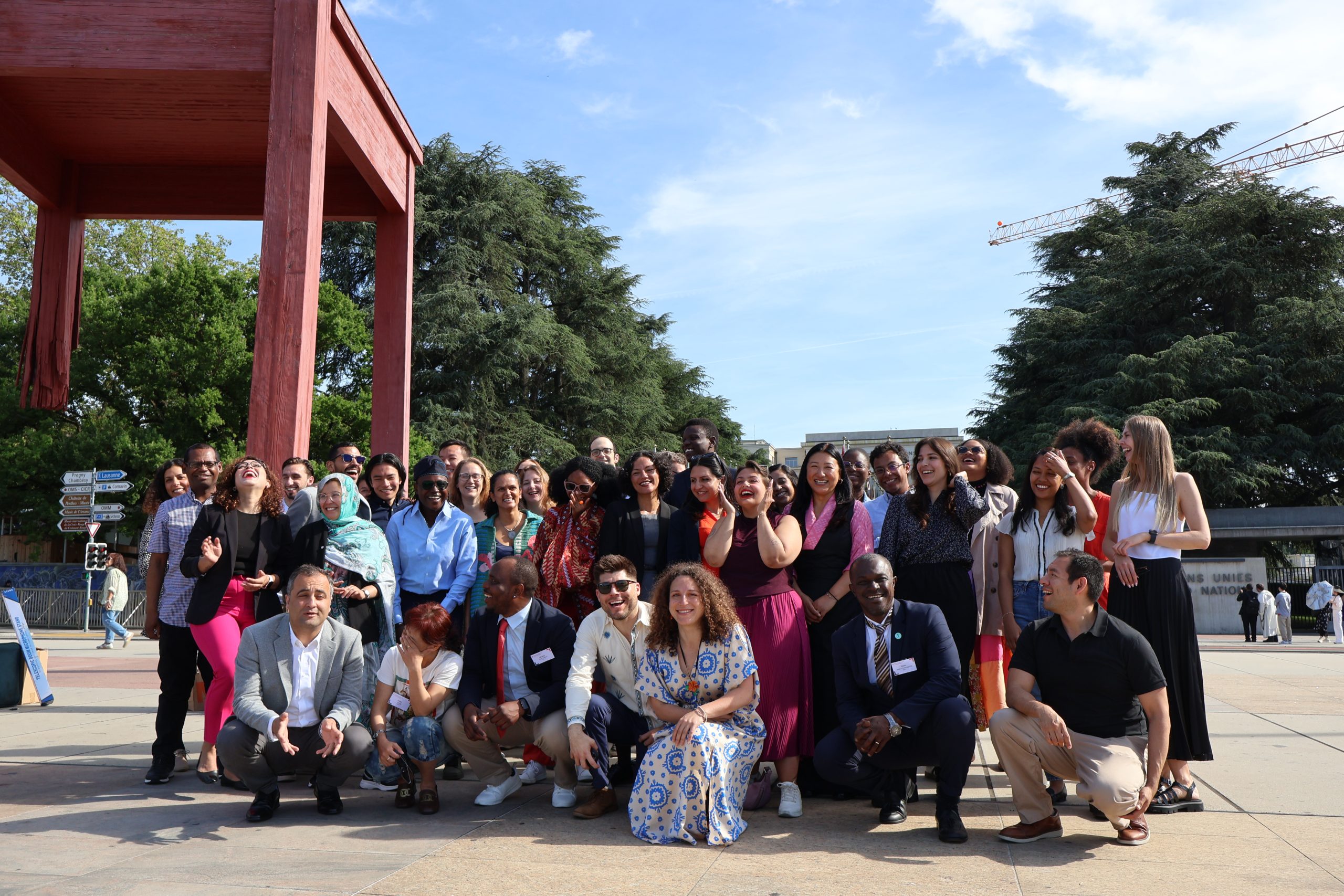Update: On Tuesday 23 March, the Human Rights Council adopted a strengthened resolution on the human rights situation in Nicaragua, with 20 votes in favour, 8 against, and 18 abstentions. The resolution requests the broadening of the High Commissioner’s monitoring and reporting mandate, with a comprehensive report to be presented at the Council’s March 2022 session, two oral updates during this year’s June and September sessions, as well as an interim oral update with recommendations in the context of upcoming national elections in November.
Through this resolution, the Council also decides to consider all measures at its disposal to protect human rights in Nicaragua. The resolution also strengthens its calls on the Nicaraguan Government in relation to attacks against indigenous peoples, sexual and gender-based violence, restrictive laws, and the situation of human rights defenders, in particular women, indigenous, Afro-descendant and environments rights defenders.
On 25 February, UN High Commissioner for Human Rights Michelle Bachelet presented her latest report on the situation in Nicaragua to the Human Rights Council, mandated by last year’s Council resolution. She expressed concern at the ‘continued restriction of civic and democratic space’, as her Office documented 117 cases of harassment, intimidation and threats by the police and pro-governmental elements, against human rights defenders, political activists, students and others, as well as 34 cases of intimidation, threats, criminalization, and smear campaigns against journalists and media workers.
While over 19 countries, including Uruguay, Peru, Ecuador, Canada and the European Union, pointed out ongoing violations and Nicaragua’s lack of cooperation with the UN, a number of human rights groups, including ISHR, rang the alarm at attacks against indigenous peoples and those who defend their rights in the country. Maria Luisa Acosta, coordinator of the Centre for Legal Assistance to Indigneous Peoples (CALPI), addressed the Council on the impact of recent hurricanes, as well as on violent attacks systematically perpetrated by armed actors that have cause the displacement of the Mískitu and Mayangna peoples, in the face of State inaction to protect indigenous lives and territories.
‘Nicaragua’s response to the Council to ‘absolutely reject’ the report and frame it as an ‘interventionist tool’ rather demonstrates its absolute lack of willingness to cooperate meaningfully and remedy the situation,’ said Raphaël Viana David, Programme Officer at ISHR.
‘This makes it even more vital that the Council provides in its renewed resolution a clear and timebound benchmark of steps Nicaragua should take by 2022 to cooperate in good faith, paving the way for the creation of an international accountability mechanism should no cooperation be forthcoming’, he added.
In her report, the High Commissioner’s urges Nicaragua to amend restrictive legislation that harshly curtails rights to freedoms of expression, association, peaceful assembly, and to participate in public affairs. These laws have also been the subject of lengthy letters sent by UN human rights experts to the government – which it has turned a deaf ear to -, in particular the Foreign Agents Law, the Special Law on Cybercrimes, and the Anti-Money Laundering and Terrorism Funding Law. The report also points to the erosion of the rule of law, persisting impunity, as well as the lack of judicial independence that ‘hampers transparency and accountability, including in relation to the Government’s response to the COVID-19 pandemic and the 2021 elections’.
‘These new restrictive laws further tighten the grip for human rights defenders, journalists, and rights groups, that already face harassment, surveillance, and attacks, simply for shedding light on rights violations’, said Raphaël Viana David. ‘The Council should voice support and acknowledge the vital work defenders are playing as the last independent human rights monitors in the country since the expulsion of UN and Inter-American human rights officials in 2018′.
Click here to read ISHR and CALPI’s joint statement, or watch it delivered to the Council below:
Photo: Flickr / Jorge Mejía Peralta




